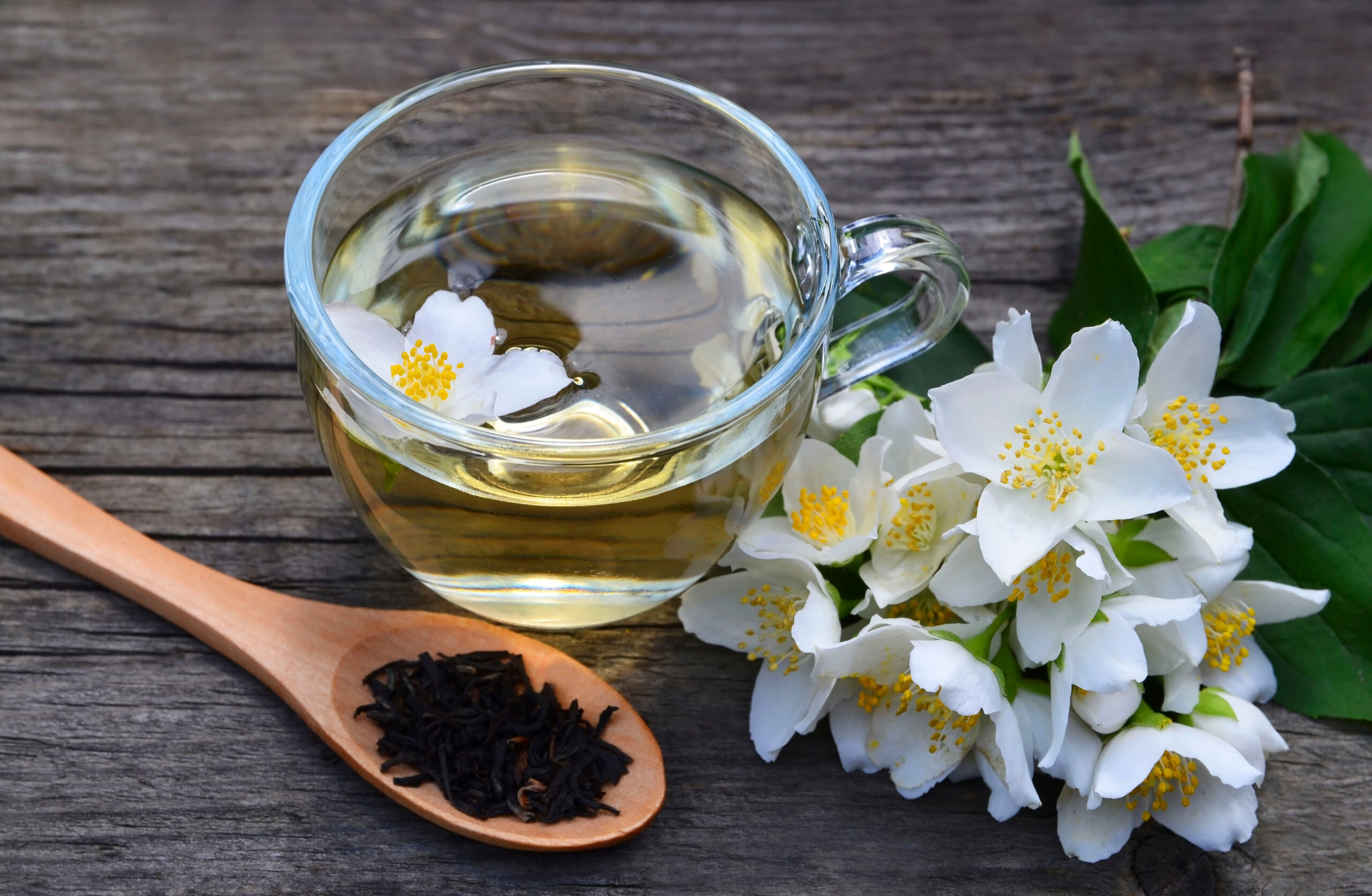Discover the anti-inflammatory power of jasmine green tea, a beverage gaining traction for its gut-healing properties, as endorsed by leading gastroenterologists.
Story Snapshot
- Jasmine green tea is recommended by gastroenterologist Dr. Marvin Singh for its gut health benefits.
- The tea is praised for its anti-inflammatory properties and support of beneficial gut microbes.
- Scientific research supports green tea’s role in reducing gut inflammation and promoting gut-brain health.
- Green tea’s popularity is increasing among health professionals and consumers interested in dietary interventions.
The Science Behind Jasmine Green Tea
Green tea, particularly jasmine green tea, is celebrated for its rich polyphenol content, notably epigallocatechin gallate (EGCG), which has potent antioxidant and anti-inflammatory effects. Studies have shown that these compounds can modulate gut microbiota, supporting beneficial bacteria while suppressing harmful species. This modulation helps reduce inflammation and maintain gut health, making it a preferred choice for those seeking dietary strategies to improve their digestive well-being.
The gut-brain connection adds another layer to the tea’s benefits. By reducing inflammation and promoting gut health, green tea can indirectly support mental health, highlighting the importance of the gut-brain axis in overall well-being. Dr. Marvin Singh emphasizes jasmine green tea for its calming effects and its role in maintaining a balanced gut environment, contributing to both physical and mental health.
Historical and Current Perspectives
The medicinal properties of tea have been recognized for centuries, with green tea standing out for its health-promoting qualities. Modern research has validated these traditional beliefs, with numerous studies demonstrating green tea’s ability to reduce inflammation and support the gut microbiome. This evidence has fueled public interest in functional beverages and dietary interventions to combat the rising prevalence of gut-related disorders, such as IBS and IBD.
Recent studies have confirmed the efficacy of green tea extracts in lowering blood sugar levels and reducing gut inflammation. While black tea also shows promise, particularly in animal studies, green tea continues to be favored for its higher catechin content and broader clinical support. This preference is reflected in the increasing recommendations from health professionals and researchers alike, who advocate for green tea as part of a gut-healthy diet.
Influence and Impact
The endorsement of jasmine green tea by experts like Dr. Singh has significant implications for both consumers and the tea industry. In the short term, increased consumer adoption of green tea for gut health is expected, alongside a growing awareness of its anti-inflammatory benefits. In the long term, this could lead to a reduction in the incidence and severity of gut disorders, potentially influencing dietary guidelines and public health recommendations.
The tea industry stands to gain economically from this trend, as consumer demand for functional beverages continues to rise. This shift towards health-promoting products could also spur further research into the gut microbiome and its impact on overall health, paving the way for new findings and innovations in dietary strategies.
Expert Opinions and Future Directions
Dr. Singh and other experts advocate for the inclusion of green tea in regular dietary routines, citing its anti-inflammatory and gut-microbiome-friendly properties. Academic and professional commentary supports these claims, with studies highlighting the absorption of EGCG into the gastrointestinal tract, where it helps modulate inflammation and support gut barrier integrity.
Diverse viewpoints acknowledge the benefits of black tea, especially in animal models, but the consensus favors green tea for its potent polyphenols and established clinical benefits. As research continues, the understanding of tea’s mechanisms and broader health impacts will likely expand, offering new insights and reinforcing green tea’s role in gut health.
Sources:
Frontiers in Nutrition
Mindbodygreen
PMC
PMC
Harvard Health
Ohio State University
Healthline








